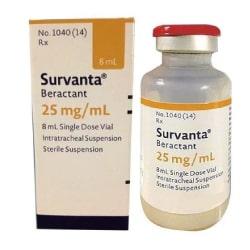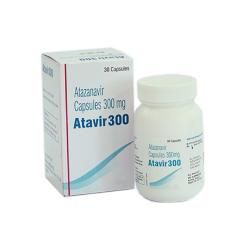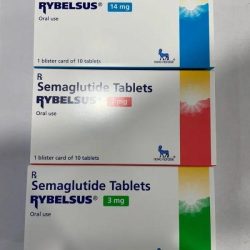Description
Beractant is used to help prevent and treat a condition called Respiratory Distress Syndrome (RDS) in premature babies. RDS is also known as hyaline membrane disease. Beractant is really good at lowering the chances of getting RDS, reducing the risk of dying from RDS, and preventing certain breathing problems in premature infants.
Dosage and Side Effects
The dosage of Beractant is based on the baby’s weight – 100 mg of phospholipids per kilogram of birth weight, which is 4 milliliters per kilogram. The first dose should be given soon after birth if there are signs of surfactant deficiency or within 8 hours if the baby has respiratory distress syndrome (RDS). Up to four doses can be given in the first 48 hours, with at least 6 hours between each dose. Additional doses may be given if the baby continues to have breathing problems, but doctors need to confirm RDS with X-rays before giving more doses to those who received the preventive dose.
Some side effects of Beractant include various complications affecting different body systems. In the respiratory system, issues like lung consolidation, blood from the breathing tube, worsening after removing support, respiratory failure, and subglottic stenosis may occur. Cardiovascular effects might involve blood pressure changes, heart rhythm irregularities, and cardiac complications. Gastrointestinal problems such as abdominal distention, bleeding, and feeding issues could arise. Other potential complications include kidney problems, blood clotting issues, seizures, and metabolic imbalances. Additionally, systemic effects like fever and overall deterioration might be observed due to Beractant administration.
FAQ's
What is the purpose of Beractant?
Beractant is used to treat or prevent respiratory distress syndrome (RDS) in premature infants. It helps improve breathing by replacing a substance called surfactant that premature babies lack.
How is Beractant administered?
It’s given directly into the windpipe (intratracheally) using a specific catheter. Typically, the dosage is based on the baby’s weight, and the first dose is given soon after birth if there are signs of surfactant deficiency or within 8 hours if RDS is diagnosed.
Are there specific precautions or considerations when using Beractant?
Yes, it’s crucial that experienced clinicians, skilled in intubation and infant care, administer Beractant. Before giving the medication, ensuring the proper placement of the endotracheal tube and stabilizing the infant is important. Additional doses should be given based on the doctor’s assessment of the baby’s ongoing respiratory distress, confirmed by X-rays for RDS diagnosis.






